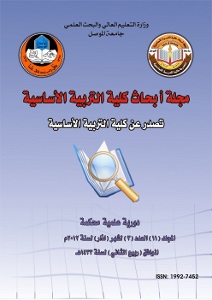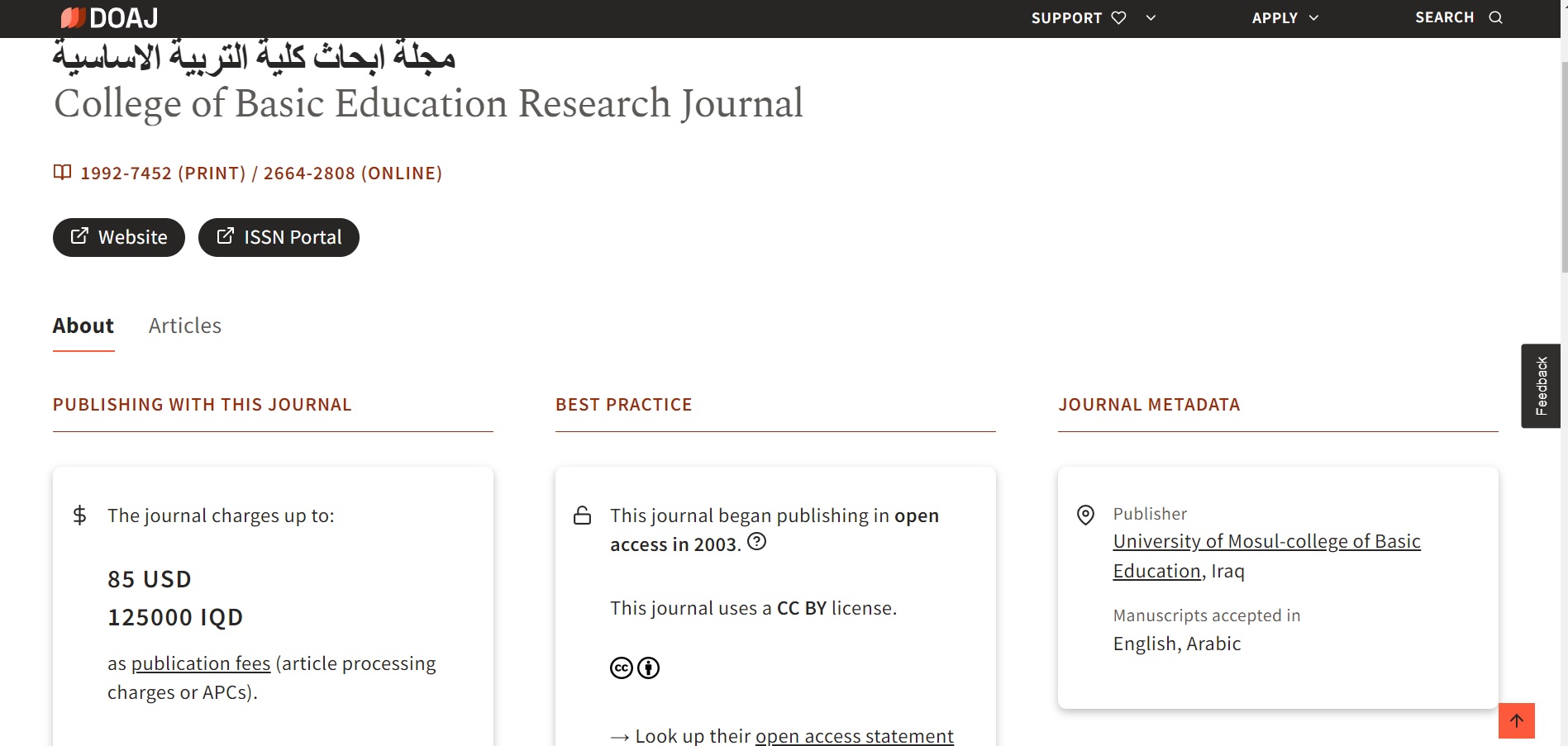Allegations of Misconduct
College of Basic Education Researches Journal (CBERJ) is very sensitive to research misconduct and uses all means available to prevent publishing miscounted research. Though there is no standard definition of research misconduct, the Council of Editors defines research misconduct broadly in three categories of action and conducts. CBERJ uses this definition of misconduct in dealing with the issue and follows the code strictly follow the chart in dealing with research misconduct. In addition, for each component of the research misconduct, CBERJ has many assurance policies as follows:
- Mistreatment of research subjects
- Falsification and Fabrication of data
- Piracy and Plagiarism
Falsification and Fabrication of data
Fabrication is defined as making up data without collecting or synthesizing scientific data. Falsification is defined as manipulating research material to reach a favourable result. Fabrication and falsification could happen at any research stage (in the field) up to the publication of a manuscript where citation can be misused (referencing a citation when the citation does not support the argument). CBERJ tries to identify any fabrication or falsification in all levels of manuscript processing, from initial screening to comprehensive evaluation of a revised manuscript and even after a manuscript has been published. Reporting any fabrication and falsification is an ethical duty of our authors, co-authors, reviewers, editors, and readers. In any event of falsification or fabrication, CBERJ keeps its right to retract or withdraw the fabricated or falsified article. CBERJ strictly follows the COPE follow the chart in dealing with fabrication and falsification.
Plagiarism
Plagiarism is defined as the appropriation of another persons ideas, processes, results, or words without giving appropriate credit. Another category of plagiarism was self-plagiarism when the author published his idea, data, and text in different journals when no need for such duplication exists. CBERJ uses all means to detect plagiarism. As a matter of quality assurance, a more than 20% similarity in the text of a manuscript will be returned to the author to remove the similarities and reduce the chance of plagiarism.



